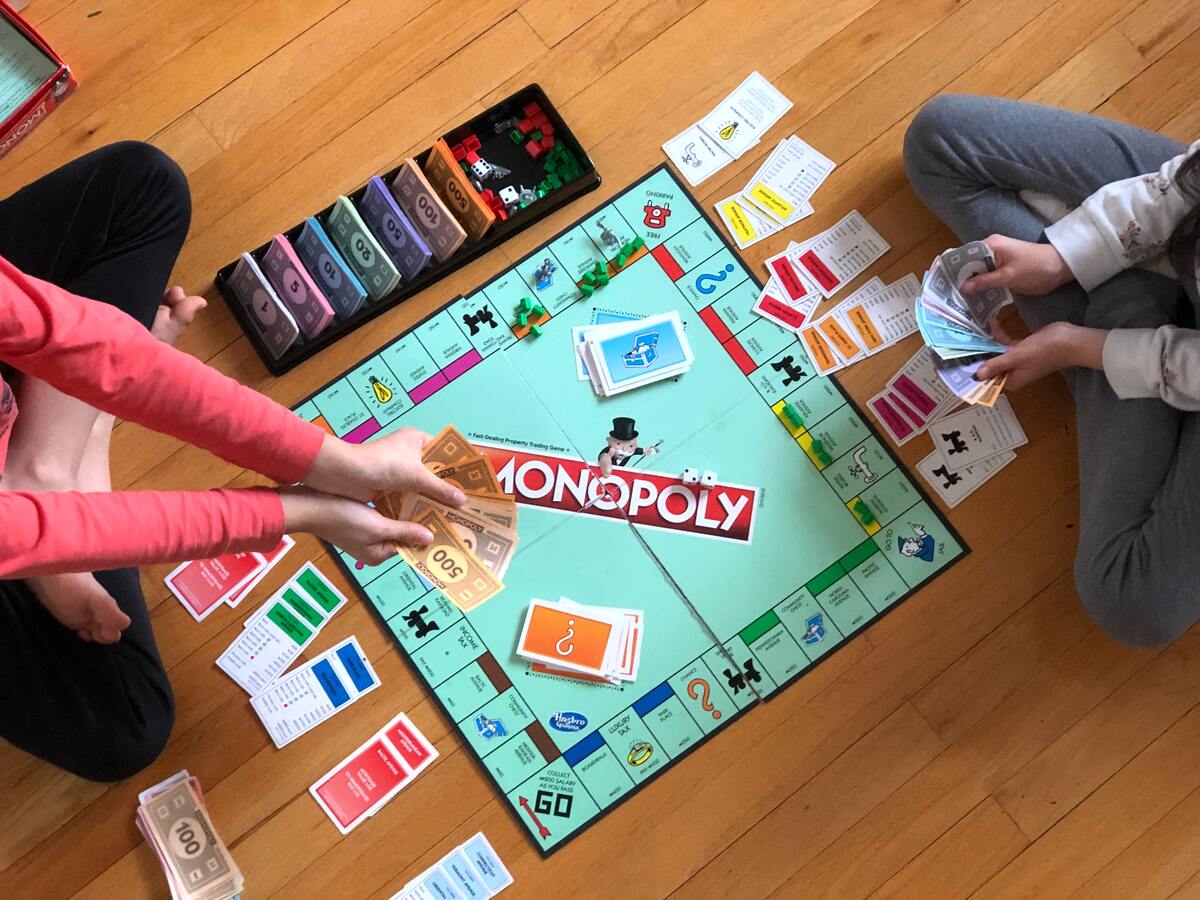
For many students, math can be a difficult subject. Many parents may wonder: is there anything they can do to make the material engaging and enjoyable while having their child learn key concepts? One effective approach is transforming math into a fun learning activity. From puzzles to quizzes, math games are a great way to help bring out the fun in math and motivate your child to pick up the subject. For parents with young children, this is a creative method to introduce math to your little ones and kick-start their journey in math!
Making learning meaningful through play
Learning does not have to be restricted to pen and paper. Playing math games can be a catalyst in helping children develop foundational math skills. Think interactive and fun hands-on learning — these math games can work wonders in sparking the innate curiosity in your child to learn. Learning math through play provides meaningful opportunities and context for children to learn math concepts. Games help to engage children naturally and build their interest in math.
The wonderful part about this strategy is the possibilities it offers. With plenty of games available, parents will be sure to pick a game suited to help their child pick up math skills. Read on to find out more about 4 different kinds of games recommended for learning math through play!
1) Puzzle Games
When it comes to problem sums, solving them involves more than just addition and multiplication. Math touches on skills such as logical reasoning, pattern recognition, spatial skills, number sense, and many more. One type of fun game to start learning math through play is puzzles! Puzzle games are an engaging and relaxing activity that exposes children to early math concepts such as shapes and sizes. Research has shown that puzzle games help in boosting spatial skills, and children who played with puzzles showed a stronger ability at rotating and transforming shapes.
Start your child with T-puzzles and tangrams for some hands-on fun! A tangram puzzle consists of seven shapes that include triangles, a square and a parallelogram, which can be rearranged into various combinations to form pictures of animals, objects and more. Tangrams are great for developing a better understanding of geometric shapes, and their versatility in creating various designs will be a hit among children.
2) Quizzes and Challenges
Children love a good challenge — so challenge them with math and get them to show off what they know! Math quizzes and challenges can give the brain a good workout. Check out math websites such as Math Playground and Math Games, which offer brainy games to challenge and hone your math skills. From basic addition and subtraction to number patterns and algebra, they have a wide selection of games that will suit your child’s needs. What’s more, the games also feature colorful designs and animations that will interest many children and foster a higher level of engagement.
3) Logical Reasoning Games
Remember Cheryl’s Birthday question? The logic puzzle question rocked the internet when it came out at the Singapore and Asian Schools Math Olympiad in 2015. Logical reasoning skills are an important part of math. To develop your child’s skills, playing some logical reasoning games will be a great way to sharpen their minds.
Consider getting Logic Games for Clever Kids by Gareth Moore and Chris Dickason for your child to try. The book has over 100 mind-boggling puzzles that will get them thinking quickly! Other interesting logic puzzles include games like Sudoku and KenKen, which hone deductive reasoning skills.
4) Board Games

For some good old-fashioned fun, it’s time to break out the board games. Did you know that board games can improve concentration and strengthen problem-solving skills? Letting children do open-ended and playful exploration makes math more meaningful for them and leads them to gain a deeper understanding of numbers, patterns, data management, and other math concepts. For starters, board games such as chess, monopoly, or Proof! Math Game are some great choices, to begin with. Both you and your family can look forward to some fun-filled family bonding time!
Embracing play as one kind of approach to learning
Learning math through play can be the key to developing your child’s math skills. Utilizing games to learn math creates a sense of curiosity and engages children at a deeper level for them to learn math beyond rote memorization. Games are a type of resource, and we can tap into them to make math more fun and engaging. The next time you teach your child math, consider incorporating play and letting them explore math in their own ways.




